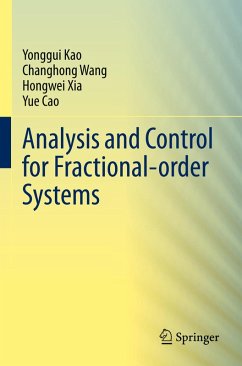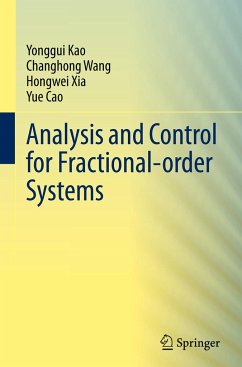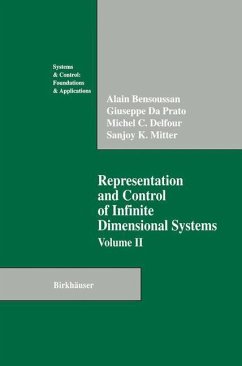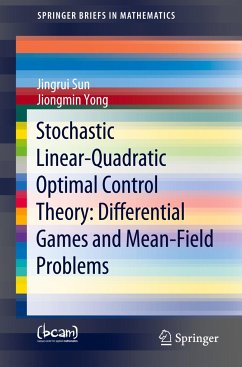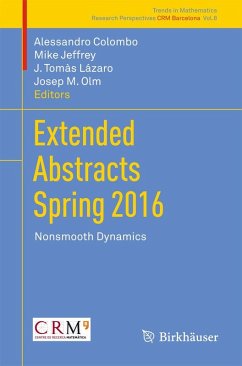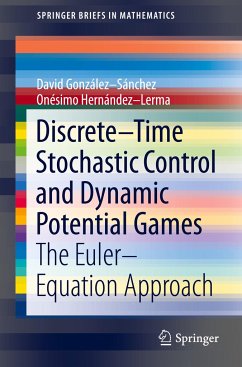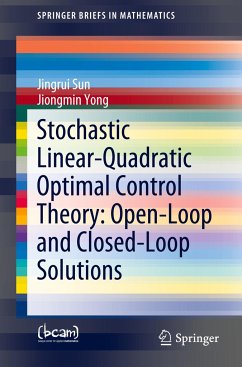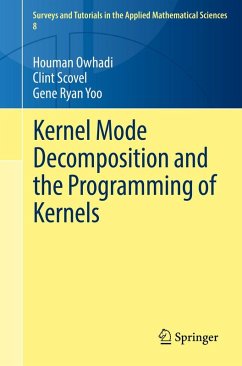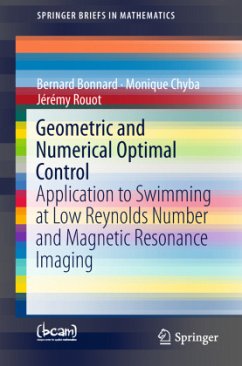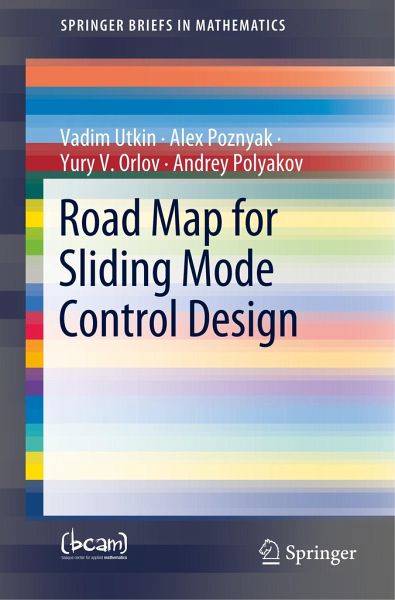
Road Map for Sliding Mode Control Design

PAYBACK Punkte
25 °P sammeln!
This book is devoted to control of finite and infinite dimensional processes with continuous-time and discrete time control, focusing on suppression problems and new methods of adaptation applicable for systems with sliding motions only. Special mathematical methods are needed for all the listed control tasks. These methods are addressed in the initial chapters, with coverage of the definition of the multidimensional sliding modes, the derivation of the differential equations of those motions, and the existence conditions. Subsequent chapters discusses various areas of further research. The bo...
This book is devoted to control of finite and infinite dimensional processes with continuous-time and discrete time control, focusing on suppression problems and new methods of adaptation applicable for systems with sliding motions only. Special mathematical methods are needed for all the listed control tasks. These methods are addressed in the initial chapters, with coverage of the definition of the multidimensional sliding modes, the derivation of the differential equations of those motions, and the existence conditions. Subsequent chapters discusses various areas of further research. The book reflects the consensus view of the authors regarding the current status of SMC theory. It is addressed to a broad spectrum of engineers and theoreticians working in diverse areas of control theory and applications. It is well suited for use in graduate and postgraduate courses in such university programs as Electrical Engineering, Control of Nonlinear Systems, and Mechanical Engineering.






